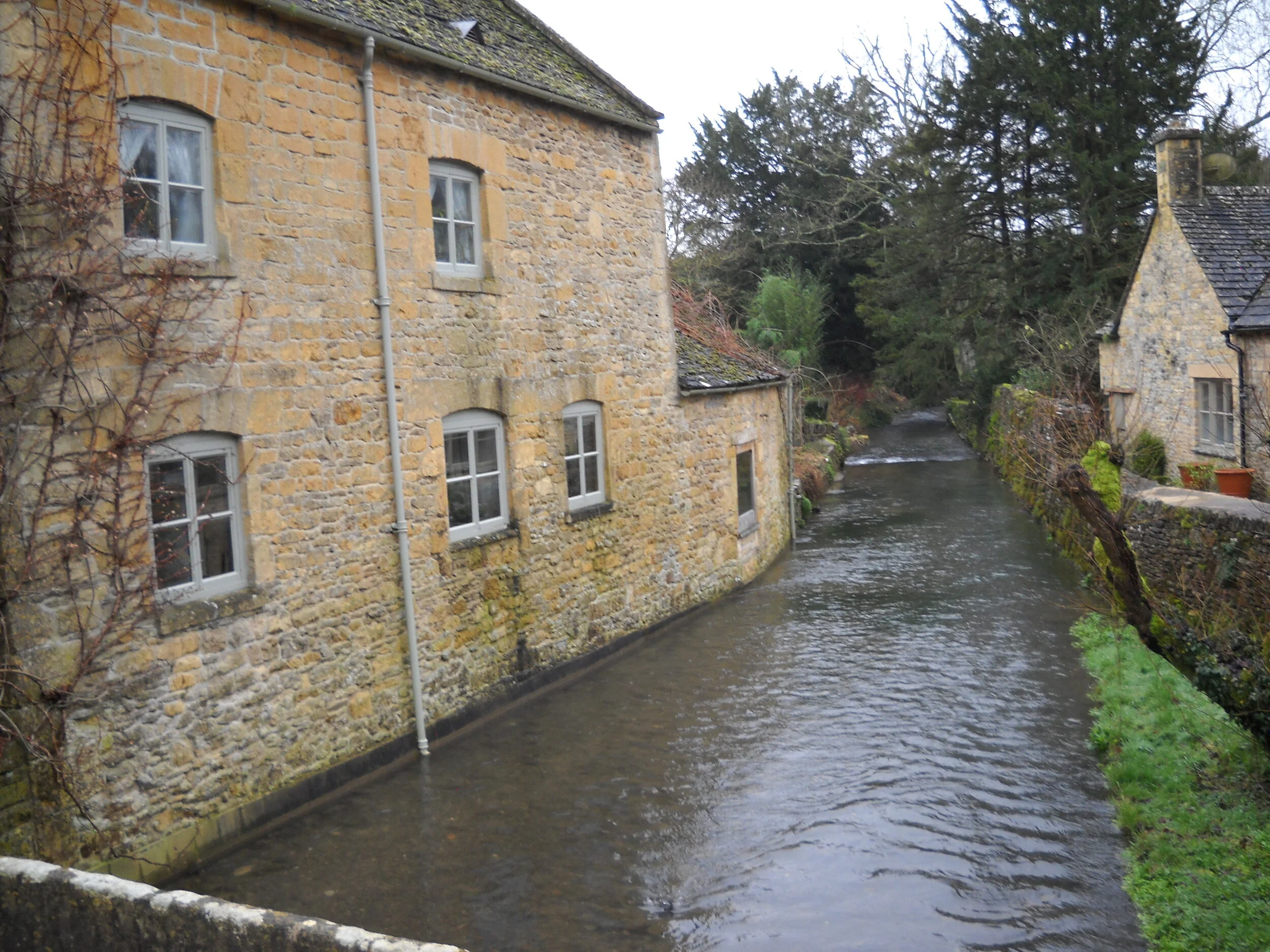Opposition To Plat Subdivisions
Opposition to plat submittals:
Formal opposition to my land development projects has been drastically different depending on the areas I have worked in. In the Pacific Northwest I found opposition to my projects to be much more aggressive, structured and focused. In Florida, I don’t remember a single group that ever participated in a meaningful opposition effort. Social and political perspectives on growth have a lot to do with that.
Structure of opposition:
There are international, national, state, and local groups, along with private parties - all of whom have the opportunity to provide written and verbal opposition to a proposed project. The developer must comply with statutory requirements for plat submittals, where everything from posting proposed land use action notices, all the way to public testimony in front of the Hearing Examiner will offer opposing interests the chance to state their case. That means a plat submittal is front and center to every party that might have an axe to grind - either for or against.
What are the effective forms of opposition?
The only truly effective form of opposition is one with a legal basis. That means an argument that somehow proves that the plat does not meet lawful subdivision requirements, or the project will have a detrimental social or environmental impact on the surrounding area. Opposition can take the form of a request for complete denial of the project, or more typically, design modifications that address the specific complaint.
Since effective opposition must have a legal basis under the laws that govern, the bigger more organized groups tend to offer the most impactful opposition. Why? Because they have lawyers and a lawyer’s job is create the legal basis that supports opposition. That’s what really sticks.
Opposition attorneys:
I have a deep respect for the legal profession as I have described many times before. Of course, sometimes when the legal force is pushing against me on a project it can get a bit irritating. Nonetheless, an attorney representing the opposing party has a responsibility to demonstrate that the project somehow fails to lawfully comply, or the plat is detrimental in some way to the greater public interest. The arguments presented must be tied specifically to the governing laws to give substance. It is not effective to simply offer grievances.
One way to really get my motor running is when opposition arguments are made that convince the reviewing and approving powers to require additional studies. As the applicant and developer I have to pay for them. An example would be an offsite traffic study I once did to satisfy the county on whether a certain intersection 2 miles away from the project could handle the increased traffic. Result: conduct traffic study - modify intersection - install traffic signal - cost $150,000.
The most difficult attorney opposition I’ve dealt with is the attorney who works pro bono for the opposing group and is a member of it. This attorney has a emotional commitment and the legal expertise to back it up. Meanwhile, the group is free of legal fees. An attorney fueled by passion for the cause and the legal expertise to donate is a tough opponent.
What is the least effective opposition?
Sadly, the least effective opposition usually comes from private individuals. These folks live or work near the proposed project and feel that it will negatively affect them in some way. Noise, traffic and unwanted changes to the character of the area are typical grievances. Unfortunately, unless backed up by factual data, these arguments tend to lack solid standing for consideration, rendering them more like complaints in the eyes of the county.
Even though they may be against my project, I have compassion for these folks. They are the little guys and as a rural land developer, they deserve my respect. My projects can change their environment forever and rural folks are rural for a reason. Change makes them fearful, but many times the fears are completely unfounded.
When the notice of proposed land use signs go up it is absolutely amazing how the story on what the project will be like gets blown out of proportion! I have developed rural lots that are mostly 5 acres and larger so my lots tend to fit in, not only for me but also for the area. Here’s what I do to stop the rumor mill…
Voluntary community outreach:
I make it a point to visit the immediate neighbors first, then work outward. This is a door knocking exercise and I have sat at many a farmhouse kitchen table over the years. Some of these families have been on the land for generations and they have always been hospitable, if not all that friendly at first. Once they understand that I am doing large lots and there will be solid controls on the project, things tend to get more friendly. Whether friendly or not, I have always found that they appreciate the neighborly visit and I am convinced that a ton of formal opposition in front of the Hearing Examiner has been prevented. Reputation has a lot to do with it and it is not uncommon for me to reference other projects I have done in the area.
Once informed understanding occurs, fears are diminished! And guess what? — It’s the right thing to do anyway!
Public Hearings:
Eventually a Public Hearing will be scheduled in front of the Hearing Examiner. This is an all hands on deck event and the consultants need to be fully prepared. I always bring my engineers and key consultants, along with my local land use attorney.
The Hearing Examiner is appointed by the county or other authority to investigate and report findings of fact regarding the project. Every Hearing Examiner I’ve sat in front of is an attorney and the hearing is held similar to a court room proceeding. It’s dead serious stuff for the project and it’s not hard to believe that you are in a court room and the Hearing Examiner is most certainly - The Judge!
Whether it’s for Preliminary Plat Approval or Final the findings of fact are reviewed for the project application and how it complies with the area comprehensive plan. Every aspect of the plat’s compliance with statutory law is on the table and this is where the opposition shows up in full force. If I’ve done my opposition outreach successfully, then I should be seeing some familiar faces - faces attending to verify the facts, and also knowledgeable because of my previous outreach.
The bigger groups are best prepared and offer the heavy artillery opposition. It’s not only the legal aspect, but can also can include opposition from other professional consultants providing opposition testimony in their respective areas. In my experience a foundational centerpiece of opposition is the environment. Things like surface water impacts, aquifer depletion, effects on the regional watershed, wetland preservation, land bank mitigation to compensate for unavoidable impacts…etc.
I’ve never had a project outright denied, but I have left Public Hearings with additional work to do. Besides the checklist produced I always use the time after the event to review my consulting professionals and how they did. Were they as prepared as possible? Are there things on our to-do list that should have been thought of before and are now going to cost more money? Did we provide accurate details that the Hearing Examiner could rule on immediately so they could be put to bed for good?
Hearing Examiner:
I worked for years in a certain county in the Pacific Northwest and I had a Hearing Examiner that, prior to county work, had an extensive background in regional land use. I learned a ton just listening to him and he was fair even though things didn’t always go my way.
I always made sure to have a pre-hearing series of meetings with my team. I’ve seen this particular Hearing Examiner frustrated before with other developers and it seemed to always be due to lack of clear answers to his questions. Questions that, frankly, they should have known the answers to. I always made sure to avoid that problem.
Going forward:
I mostly offer opinions and rarely advice, but I would urge any new person contemplating land development to attend public hearings on land development projects. It’s both instructive and free. It will give you a chance to see what it’s like to be in the hot seat.
Also, for the new person - assess yourself as well. Some entrepreneurs with energy, guts and money find that the severe compliance restrictions in land development are simply not for them. It can just be too darn restrictive! For a look at yourself the following is a decent read:
Is Land Development For Me? https://www.landdevelopmentrealities.com/home/2019/9/26/is-land-development-for-me
Good luck, be smart and Merry Christmas!







